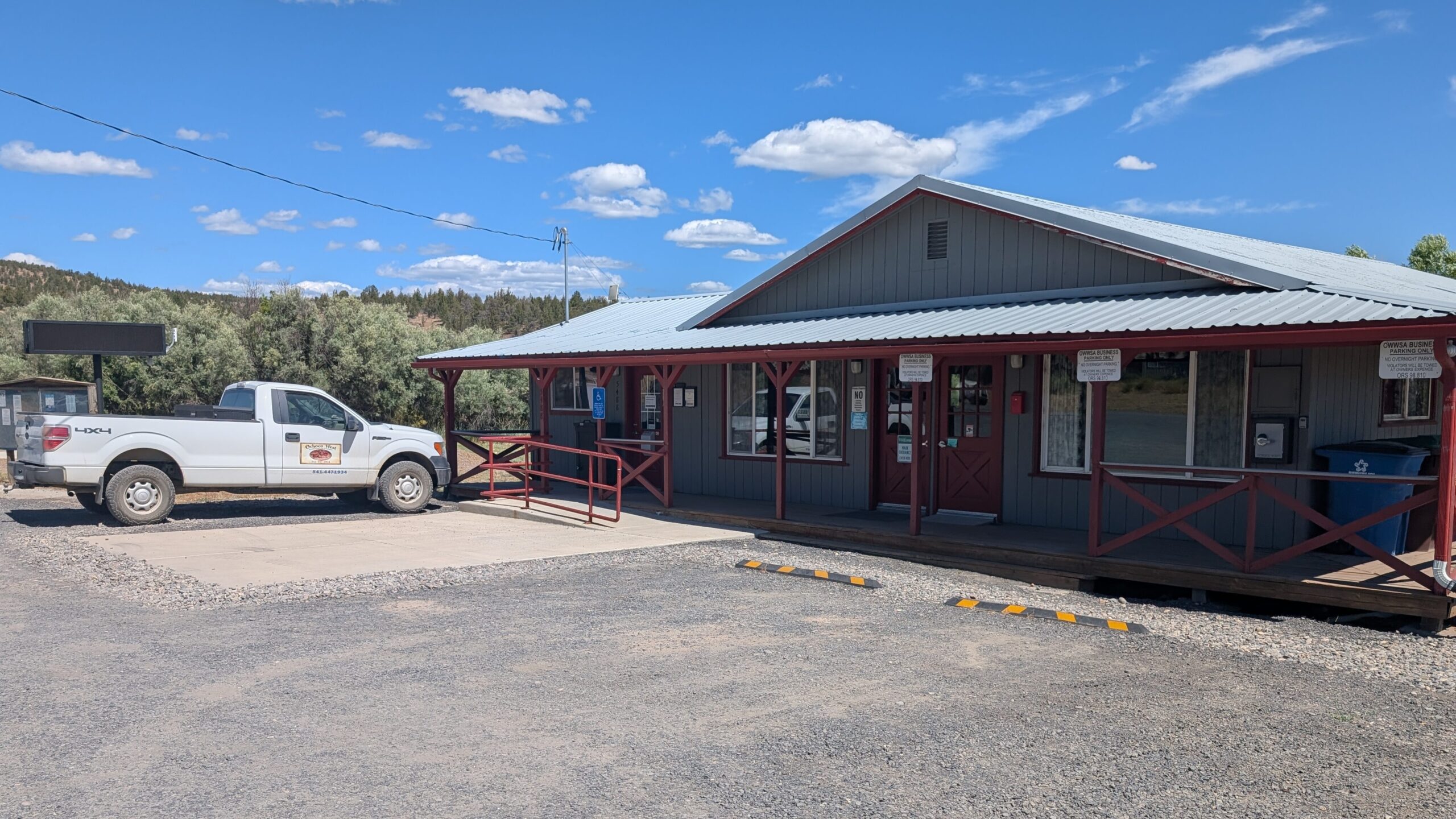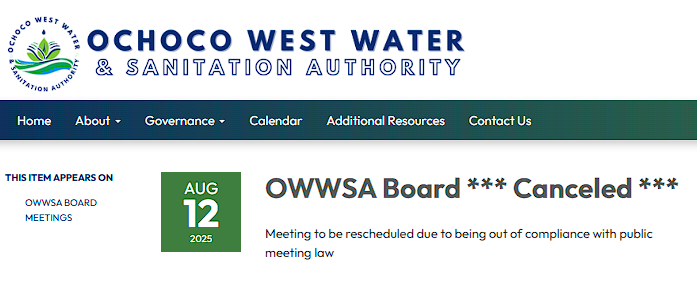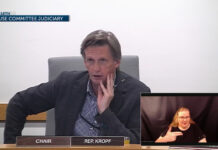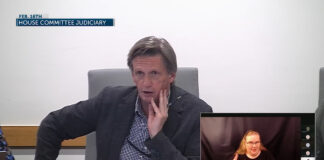
UPDATE: Shortly after publication, the OWWSA responded by linking its meeting notice page with a statement: “Meeting to be rescheduled due to being out of compliance with public meeting law”
Crook County, Ore. – The Ochoco West Water & Sanitary Authority (OWWSA) is again poised to violate Oregon’s public meetings law, this time by giving just one day’s notice for its upcoming Aug 12th regular meeting — well below both statutory limits and state guidance.
The Prineville Review recently reported on ongoing issues related to its public meetings compliance, including failing again to give notice to this publication when matters on topics leading to recent controversy, which it knew we had been investigating, came before its board again.
On Monday, the OWWSA provided notice to the Prineville Review of its meeting as well as to the public. Earlier this afternoon, there was still no agenda posted on its website, only an indication that a meeting may take place on August 12th without any agenda. At 4:20 pm today, OWWSA Facilities Manager Jamime Helms sent out a notice for its board.
Under ORS 192.640(1), public bodies must give “reasonable” advance notice of meetings. The Oregon Department of Justice (DOJ) has long advised that regular meeting notices should generally be posted at least a week in advance to ensure meaningful public participation. Rules adopted by the Oregon Government Ethics Commission (OGEC) further set a bare minimum of 48 hours’ notice for regular meetings — a standard OWWSA has now failed to meet.
According to Oregon Administrative Rule 199-050-0040(4):
“Timing of Notice. The public notice shall be issued in advance of the meeting in accordance with the following timelines:… (a) Regular Meeting: as much advance notice as reasonably possible, but no less than 48 hours advance notice.”
History of warnings ignored
This latest lapse comes despite the board already facing a public meetings grievance filed in mid-July by the Prineville Review. That grievance alleged numerous violations, including holding executive sessions that were not fully or properly noticed and which completely excluded the Prineville Review from attendance.
Instead of correcting course, OWWSA deepened its legal troubles by calling a July 29 “special meeting” with only four hours’ notice — far short of the statutory 24-hour minimum for special meetings. In that case, the board members were repeatedly warned about the provisions of the law and this publication’s intention of filling another grievance, but chose to proceed anyway.
One board member even raised the question about rescheduling the meeting in order to ensure the board was compliant, but the four members proceeded with the meeting anyway.
That action prompted a second public meeting’s grievance, as first reported by the Prineville Review, and the resignation of the authority’s longtime attorney, Jered Reid, just before the meeting.
Reid had been advising OWWSA on legal and insurance matters and was actively involved in responding to the July 21 grievance before abruptly stepping down.
The Prineville Review recently reported on the public meetings violations amid an investigation into a myriad of controversies involving both the OWWSA and the associated Ochoco West Property Owners Association (OWPOA).
By posting the Aug 12th notice only a day in advance, OWWSA has effectively limited the ability of residents — and representatives of the news media — to prepare and participate.
In response, we called on the OWWSA Board to postpone the meeting and comply with clearly established provisions of the meetings law, or we intended to submit a third public meetings grievance.
The current OWWSA Board consists of Richard Lopez, Bob Wolverton, Tony Sneath, Aiden Humphries, Dan Parks, Michael Papin, and Mitch Logan. Parks, who took office last month, serves as the board’s chair. Parks has a long history and has previously been elected and served on the OWWSA as far back as the 2000s.
(Editor’s Note: This editor has also indicated to the OWWSA Board that legal action seeking an injunction through the courts would likely occur if the board continues its blatant violations of the public meetings law. This position and action keep with our obligations under our Code of Ethics to ensure open government and access for the public and ourselves as journalists.)
Additionally, the OWWSA has not only failed to provide records by today’s deadline to a July public records request, but has yet to even acknowledge the request, an acknowledgement which was due July 28th.
It also had until today to respond to the earlier public meetings grievance as required by Oregon law.
We’ve reached out seeking comment from the OWWSA and its board seeking comment but have not received any responses.
Following publication, Helms responded by email with a link to the meeting’s calendar page on its official website, confirming the Aug 12th meeting had been rescheduled. “Meeting to be rescheduled due to being out of compliance with public meeting law,” the OWWSA’s statement read.
No other responses or information were provided by the OWWSA.

This is a developing story that we will keep you updated on. Please check back later for potential updates, including potential responses from OWWSA officials.
Join the discussion on Facebook or X (formerly Twitter).
Mr. Alderman is an investigative journalist specializing in government transparency, non-profit accountability, consumer protection, and is a subject matter expert on Oregon’s public records and meetings laws. As a former U.S. Army Military Police Officer, he brings a disciplined investigative approach to his reporting that has frequently exposed ethics violations, financial mismanagement, and transparency failures by public officials and agencies.





